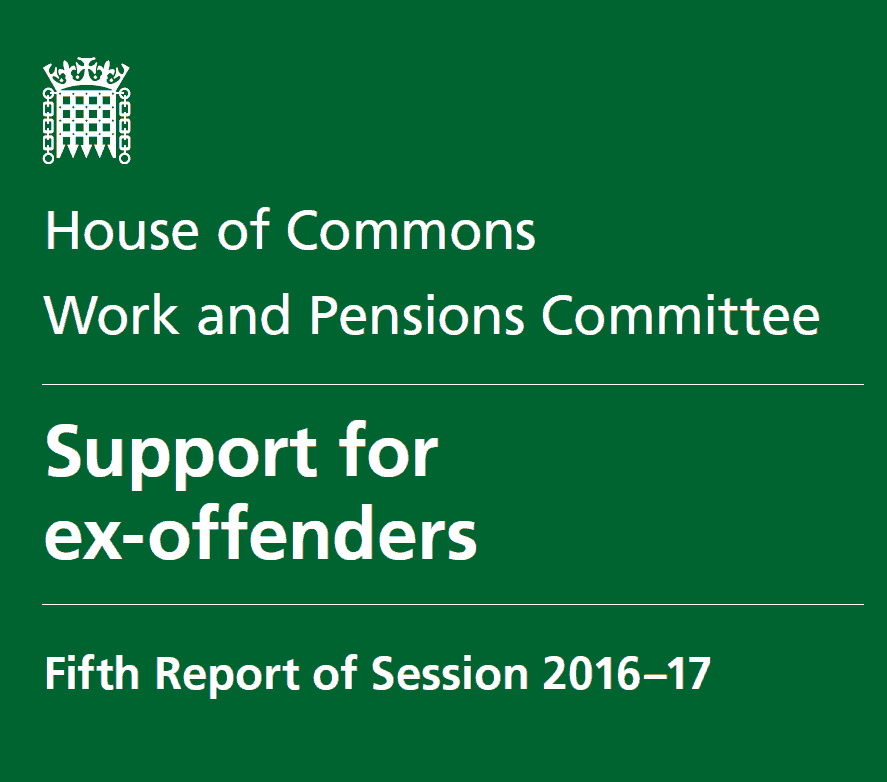
Nacro responds to support for ex-offenders report by Work Pensions Select Committee
Nacro Chief Executive, Jacob Tas, said:
“It is crucial that tailored support for ex-offenders is made consistently available from sentencing and placement into custody right through to release, in order to prevent increases in reoffending. With almost half of the prisoners released each year offending again within one year of being released, a relentless focus upon rehabilitation is key.
“Nacro works with offenders and ex-offenders across the country, often with complex needs, supporting them to build positive and independent futures, and we have seen that good health, a secure home, a stable job, and supportive relationships are all vital to help people move on. All too often, we see offenders released from custody struggle to secure the important things they need ranging from consistent mental health support to a place to live, with many ex-offenders being left homeless leading to an increased likelihood of reoffending taking place.
“Upon release, ex-offenders that do not have a place to live must be given guaranteed access to the stable housing that is so vital to their rehabilitation, as well as support to overcome the many barriers they face when trying to gain employment.
“Ex-offenders can offer a wealth of untapped talent and skills, yet the current criminal records regime causes numerous problems for people trying earnestly to turn their lives around. Although we welcome the efforts of some employers to extend job opportunities to ex offenders, we need hundreds and thousands more employers to do the same.
“Time and time again, Nacro staff have seen offenders living in our supported housing accommodation or those we have helped get into the workplace, turn their back on a life of crime after being give a real chance to do better.
“We look forward to working with the Government to improve ex-offender life chances and to reduce reoffending.”
Read our response to the committee’s inquiry here
